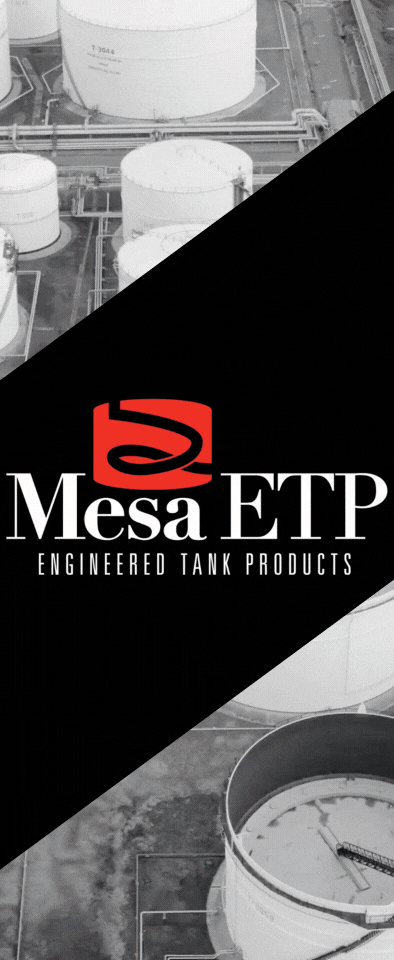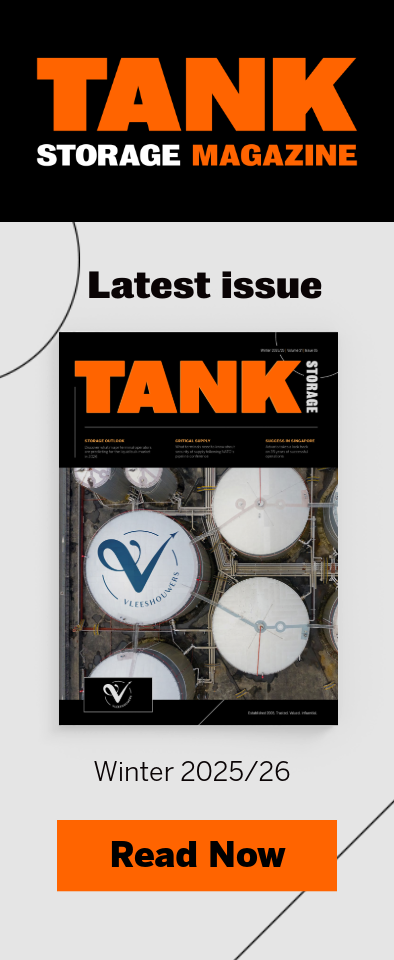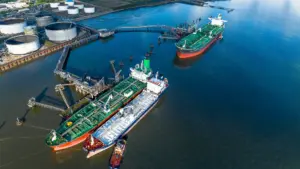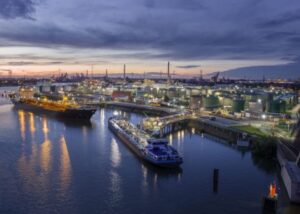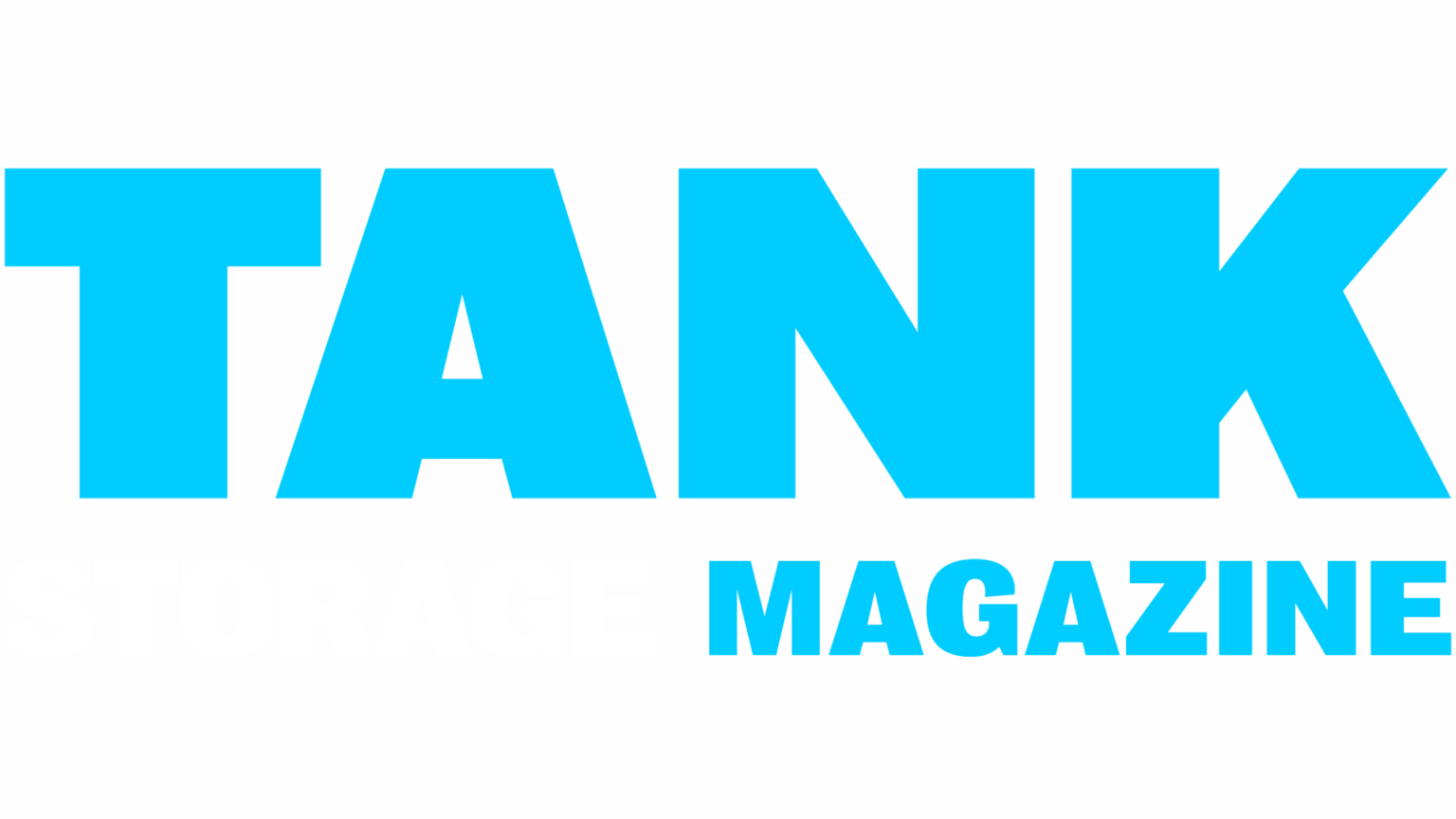The EU has formally adopted its 19th sanctions package against Russia. The new package targets Russian key sectors which fuel Russia’s illegal invasion of Ukraine, including energy, finance and the military industrial complex, including liquefied natural gas (LNG) for the first time.
‘We have just adopted our 19th package of sanctions. It targets Russian energy, banks, crypto exchanges, and entities in China, among others. The EU is also regulating the movements of Russian diplomats to counter attempts at destabilisation. It is becoming increasingly difficult for Putin to finance his war. Every euro we deny Russia is one it cannot spend on war. The 19th package will not be the last,’ says Kaja Kallas, high representative for Foreign Affairs and Security Policy and chair of the Foreign Affairs Council.
The LNG ban will be phased in: short-term contracts will expire within six months, and long-term deals will end by 1 January 2027 – one year ahead of the European Commission’s original schedule for phasing out Russian fossil fuels.
In parallel, the EU is taking measures against important third country operators enabling Russia’s revenue streams. This involves sanctioning Chinese entities – two refineries and an oil trader – that are significant buyers of Russian crude oil. It also adds 117 vessels, mostly oil tankers, to the existing blacklist of ‘shadow fleet’ ships, bringing the total to 558. It also introduces new restrictions on the movement of Russian diplomatic staff.

